Life, Earth And Space
-

Life’s extremists may be an untapped source of antibacterial drugs
A family of single-celled organisms that thrive in environments too extreme for most other species to survive may be an untapped source of new antibacterial drugs. Read MoreNov 21, 2014
-
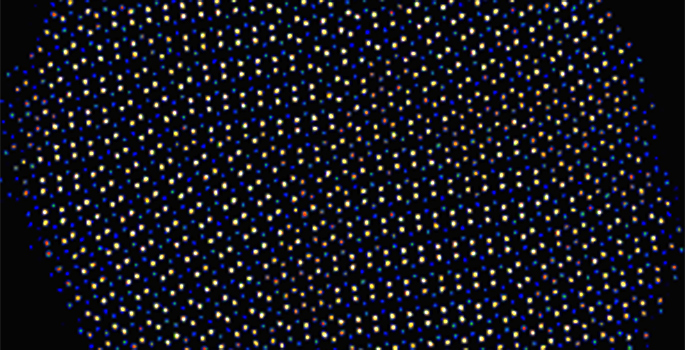
New form of crystalline order holds promise for thermoelectric applications
Scientists at Vanderbilt and ORNL have discovered a new form of crystalline order that could make better thermoelectric devices. Read MoreNov 14, 2014
-

Two from Vanderbilt will partner with Brazilian researchers
Last spring, Vanderbilt entered into a partnership to foster collaborations between its faculty and researchers affiliated with universities in the Brazilian state of São Paulo. In the first year of this partnership, two proposals have been selected for funding. Read MoreNov 10, 2014
-

Vanderbilt doctoral thesis helps protect rare domestic sunflower
The doctoral thesis of former Vanderbilt graduate student Jennifer Ellis Mandel played a key role in protecting a rare domestic sunflower. Read MoreOct 23, 2014
-

Calvin Miller: Eyewitnessing an Icelandic eruption
Last month volcano expert Calvin Miller had the good fortune to witness the major volcanic eruption taking place in Iceland. Read MoreOct 7, 2014
-

Are the world’s religions ready for E.T.?
David Weintraub's new book explores how leaders in the world's major religions will react to the discovery of extraterrestrial life. Read MoreSep 29, 2014
-

Early Earth less hellish than previously thought
Conditions on Earth in its first 500 million years may have been cool enough to form oceans of water instead of being hellishly hot. Read MoreSep 15, 2014
-
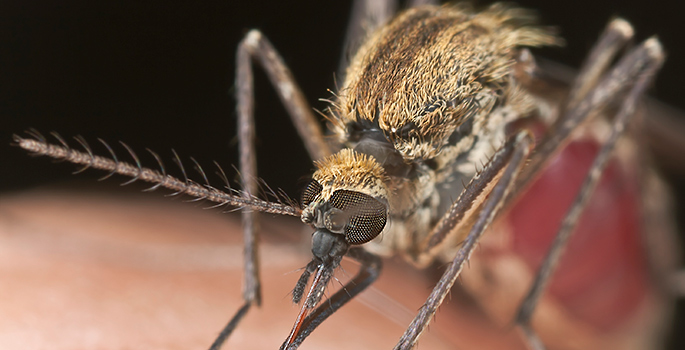
Mosquito facts and fictions
Mosquito researcher Jason Pitts collects interesting facts and stories about his research subjects, nature’s ultimate bioterrorists. Read MoreSep 9, 2014
-

Landers, Fuchs win awards at Fall Faculty Assembly
An international expert on slavery and emancipation during the 18th and 19th centuries was awarded the prestigious Earl Sutherland Prize for Achievement in Research during Vanderbilt University’s Fall Faculty Assembly. Read MoreAug 22, 2014
-

Vanderbilt astronomers play key role in major new sky survey
The influential Sloan Digital Sky Survey is launching a major new program called SDSS-IV this month, and Vanderbilt astronomers are directly involved. Read MoreJul 15, 2014
-
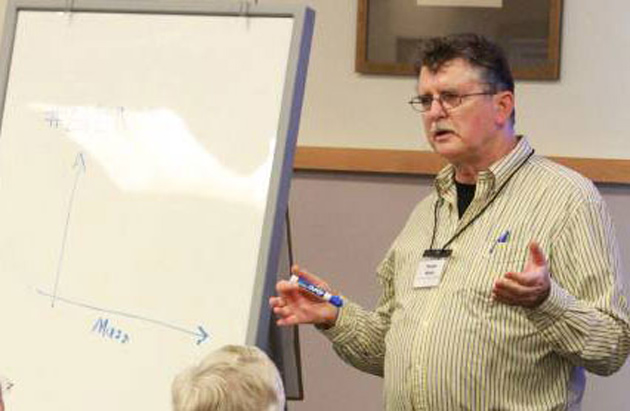
Thomas Weiler receives prestigious Simons Foundation Fellowship
Professor of Physics Thomas Weiler has been awarded a prestigious Simons Foundation Fellowship in Theoretical Physics. Read MoreJul 7, 2014
-

Vanderbilt physicists help confirm identity of the Higgs particle
Vanderbilt physicists played a leading role in the latest findings on the nature of the Higgs particle, which explains why objects have weight and mass. Read MoreJun 26, 2014
-
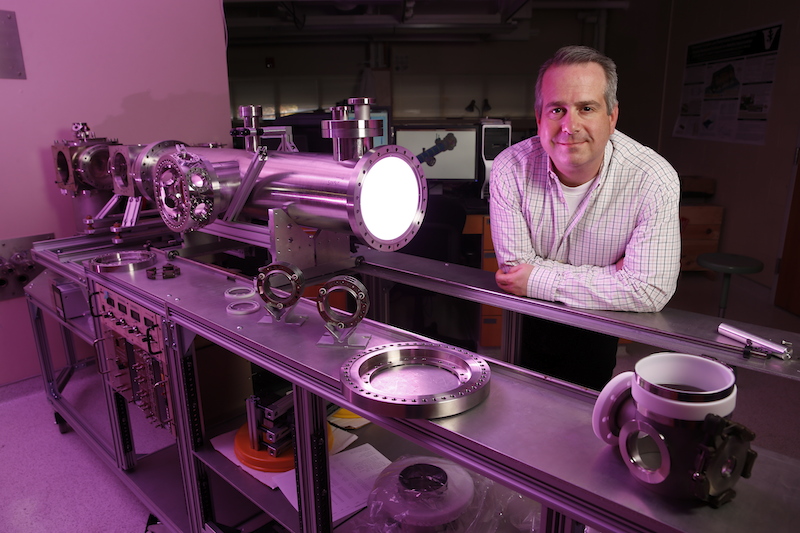
‘Thought Leader’ named for ion mobility mass spectrometry research
Vanderbilt's John McLean has received Agilent Technology's Thought Leader Award in recognition of his contributions to ion mobility mass spectrometry. Read MoreJun 20, 2014
-
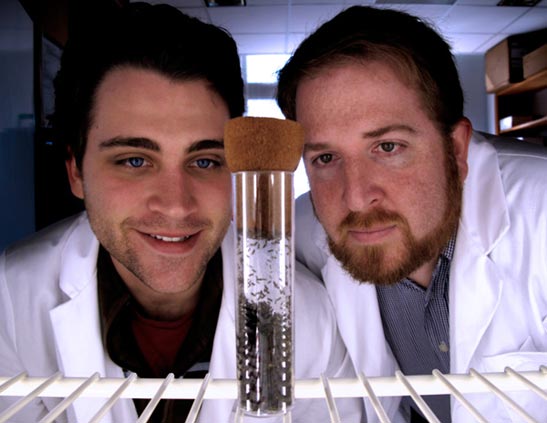
Quanta Magazine: Evolving with a little help from our friends
Seth Bordenstein, associate professor of biological sciences, and graduate student Robert Brucker, discovered that the survival of a new hybrid of wasp depended not on their genes but on the microbes that naturally lived on and inside the insects. Read MoreJun 5, 2014
-

Twenty-one Vandy grad students snag prestigious NSF fellowships
This year 21 Vanderbilt Graduate School students have won prestigious National Science Foundation graduate research fellowships. Read MoreMay 22, 2014
-
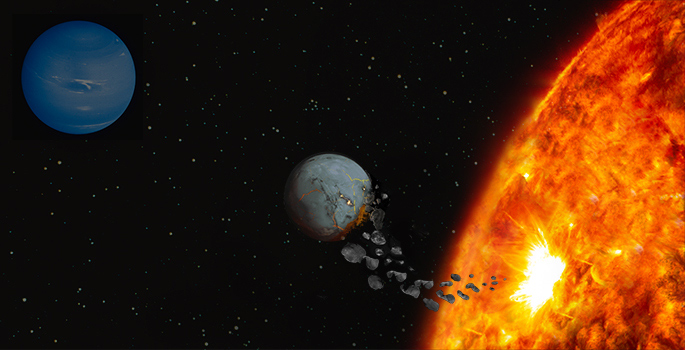
Astronomers identify signature of Earth-eating stars
Vanderbilt astronomers have developed a model that predicts the effect that ingesting earth-like planets has on the chemical composition of stars like the Sun -- a capability that can aid in efforts to find Earth-like exoplanets. Read MoreMay 16, 2014
-

How to create nanowires only three atoms wide with an electron beam
A Vanderbilt graduate student has used a focused beam of electrons to create some of the smallest nanowires ever made, which could bring us closer to flexible, paper-thin tablets and television displays. Read MoreApr 28, 2014
-

Cougars’ diverse diet helped them survive the mass extinction that wiped out the saber-tooth cat, American lion
Cougars may have survived a mass extinction that took place about 12,000 years ago because they were not particular about what they ate. Read MoreApr 22, 2014
-
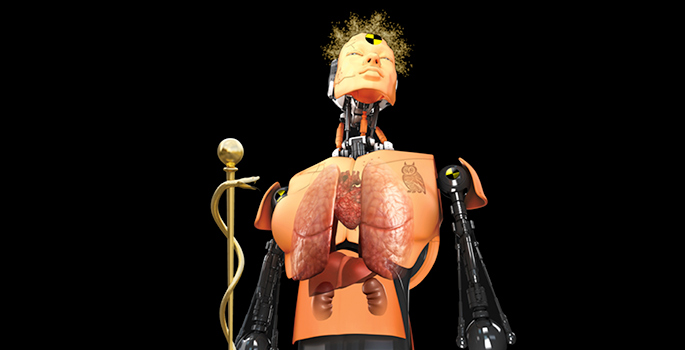
Significant progress toward creating “benchtop human” reported
Vanderbilt physicist John Wikswo reported significant progress toward creating “homo minutus” – a human-on-a-chip that can be used to test drugs and toxins – on Mar. 26 at the Society of Toxicology meeting in Phoenix. Read MoreMar 27, 2014
-

Shifting evolution into reverse promises cheaper, greener way to make new drugs
By shifting evolution into reverse to produce an expensive HIV drug out of a simple sugar, Vanderbilt chemist Brian Bachmann has shown that it may be possible to manufacture exotic and expensive synthetic drugs as easily as brewing beer. Read MoreMar 24, 2014